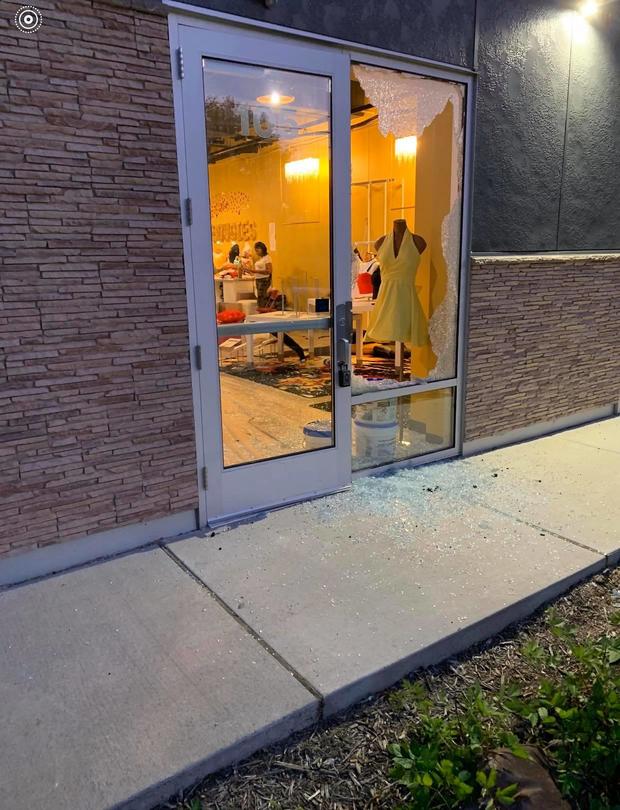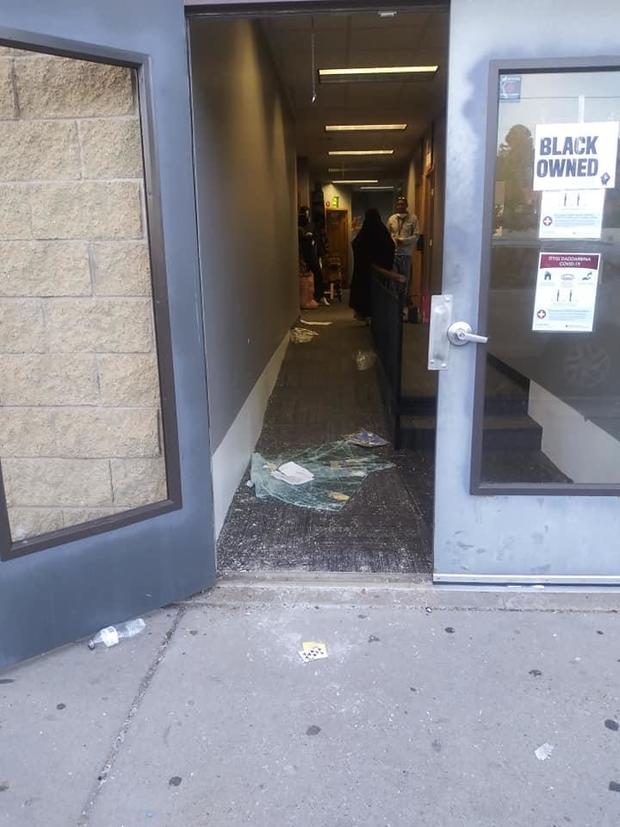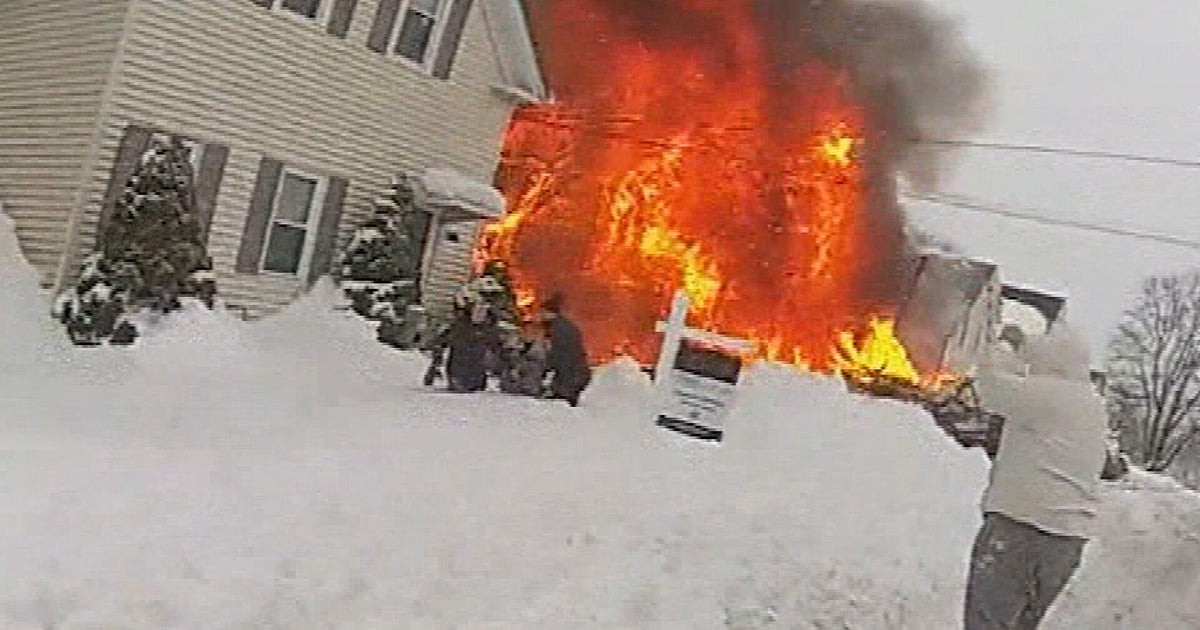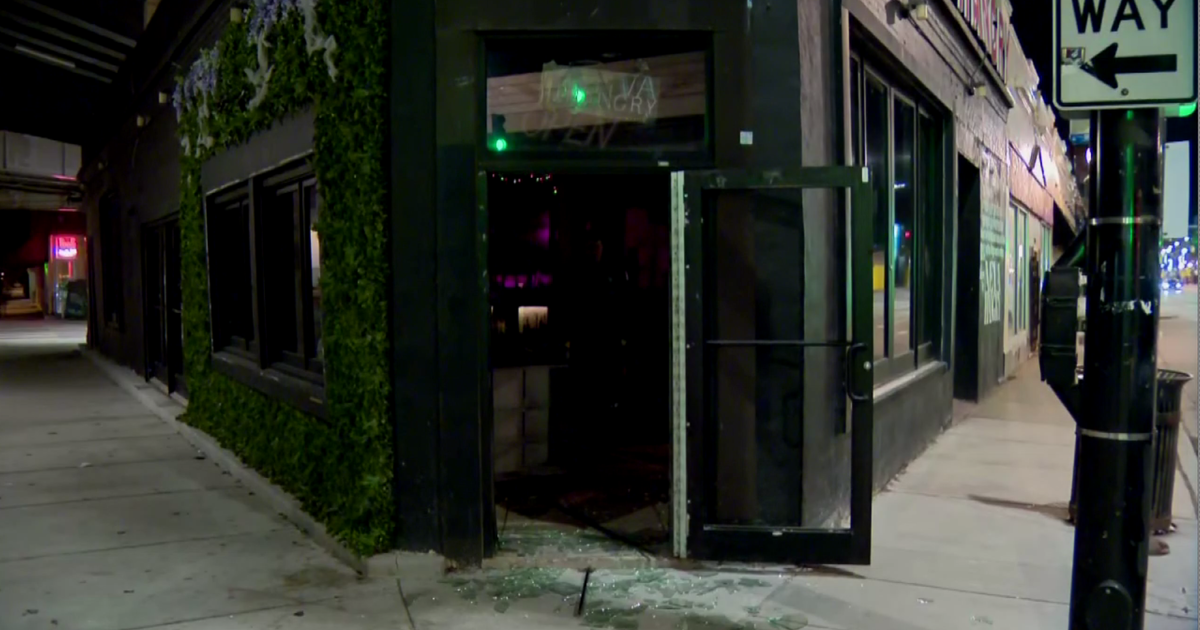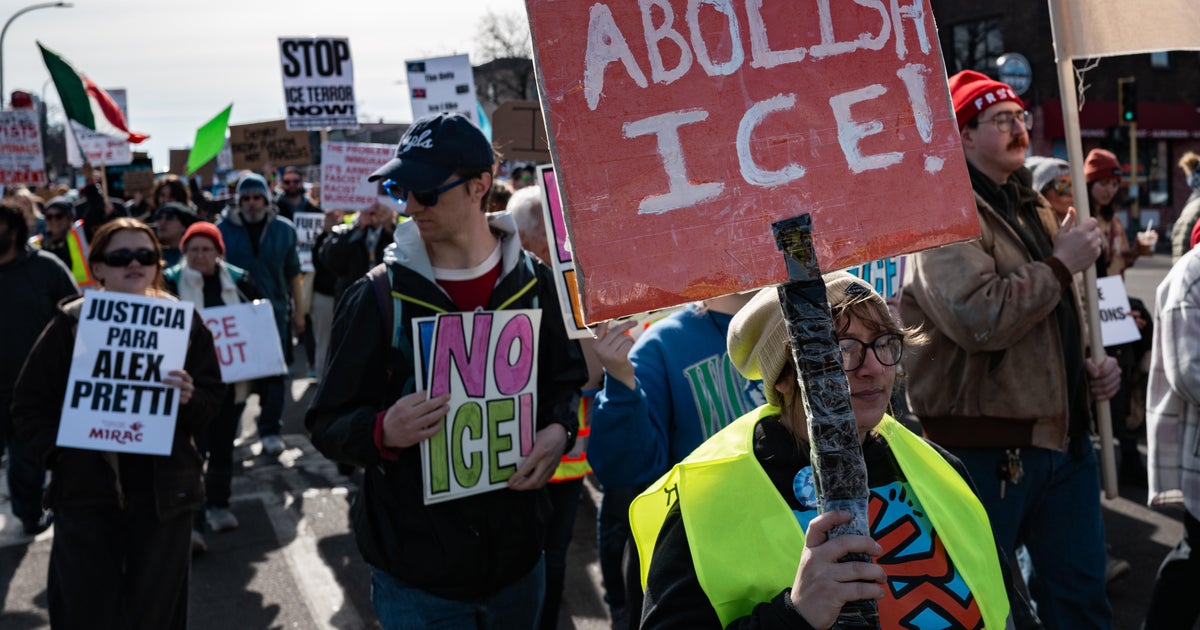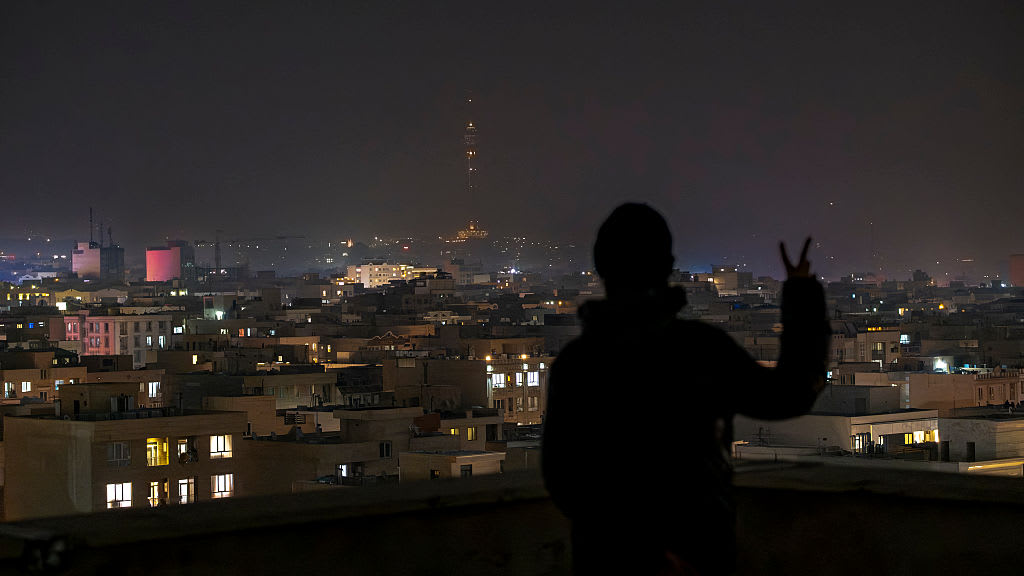Minneapolis-St. Paul's small businesses face struggle to rebuild after looting
Looters shattered windows and destroyed the entrance to a Minneapolis co-working space last week, but one of its owners believes the incident could have been much worse. Christopher Webley of New Rules said he and some of the artist-tenants who use the building were working at night when they heard the sound of glass shattering at around 3:30 a.m.
"We were able to defend it and run off, basically stave off, any further action," Webley said.
Amid unconfirmed reports that some protests drew looters from out-of-state and extremist groups, he suspects the people who damaged his business and others were targeting black-owned stores.
"They want us to leave and close up shop," said Webley, New Rules' managing director, "but you'll find that many of us black businesses here in Minnesota, there's resiliency built into our culture here."
An estimated 360 small businesses across the Twin Cities suffered different levels of property damage during the civil unrest last week sparked by George Floyd's death at the hands of Minneapolis police officer. Now, many of those business owners have vowed to rebuild. In some cases, the damage comes as the owners were preparing to reopen their businesses following a months-long shutdown sparked by the coronavirus pandemic.
Many of the damaged businesses are black-owned, which historically have had limited access to bank loans and other sources of capital. New Rules is one of the lucky ones, with Webley estimating the repairs will be finished in about a week. But others said it could take them far longer to reopen, and even years.
Finding the funds
More than 50 business owners contacted the Minneapolis Chamber of Commerce after the looting subsided, said the chambers CEO, Jonathan Weinhagen. Owners expressed frustration, distress and sadness about property damage, but they also sought advice on where to tap funds to help them rebuild, he added.
Some business owners are turning to GoFundMe campaigns to find rebuilding efforts. Flora's Hair Design on Broadway Avenue has raised $3,000 so far, while Scores Sports Bar on East Lake Street has raised more than $1 million. A local nonprofit also plans to crowdfund for repairs.
The Lake Street Council, a local business association, created a private fund that has raised more than $3.2 million. The council is creating an application for business owners to draw down the money, said Allison Sharkey, the council's executive director. Donations will go to independent small businesses along Lake Street, particularly those that didn't receive coronavirus-related loans from the federal government, Sharkey said, adding that she hopes local philanthropies will donate as well.
"The took everything but my receipt printer"
Finding cash for repairs is just one obstacle small businesses face in coming months, said Minnesota Black Chamber of Commerce CEO Karl O. Benson. Because many minority business owners don't own the building that holds their store, they must wait for the property owner to receive an insurance payout.
Businesses with their own insurance policies will likely receive a payout to help restock inventory, but those owners must still rely on the property owner to make repairs to windows and doors, Benson said.
St. Paul resident Ebony Yarbrough, 32, is unsure when she'll be able to reopen her St. Paul clothing boutique, Bougies. Her store is inside a state-owned building, and it's unclear when Minnesota officials will receive insurance money for repairs.
When looters broke into the building last Thursday, they stole clothing, shoes, cosmetics, jewelry and even the cash register from Bougies.
"They took everything but my receipt printer," Yarbrough said. "But if you want to talk about what was really taken from me — my sanity was taken from me, my security was taken from me, my dream was taken from me."
Yarbrough had poured $67,000 of her life savings into opening her store and planned to welcome back customers this week after being closed during the coronavirus. Since the looting, Yarbrough filed an insurance claim, but her insurer told her that the maximum payout could be $5,000 given she wasn't covered for riots.
"Five thousand dollars, with the prices my vendors are at, will get me two boxes of my inventory and that's nothing," she said.
Still, Yarbrough said she's determined to reopen Bougies even though she has no merchandise and the store is down to its last $3. "I feel defeated right now, but I won't be defeated so I'm not giving up."
Ladu Artema of St. Paul isn't giving up either, although he believes it will take several years to reopen his business.
Artema started Cellefix, an electronics repair shop, five years ago. His shop had been closed for two months because of the coronavirus shutdown and was about to reopen. The perpetrators shattered the glass doors at his main entrance, then "robbed it completely," he said.
Laptops, televisions, LCD screens, cell phones — all gone. "The only few things that were left were [cell phone] chargers," he said
Artema, a Sudanese immigrant, said he had cancelled his business insurance policy last July because it only covered a portion of his business — money transfer services — that wasn't doing as well as the electronics repair was. Fluent in four languages, Artemas plans to work for the next few years, perhaps as a translator for the state court system, to save enough to restart his business.
He's not depending on banks or private organizations to help because he wasn't able to find seed money five years ago when he first opened Cellefix.
"The reality is that, in America, not everyone has access to the resources that are out there, specifically business loans," Artema, 40, said. "So unless something else shows up, I don't have any hope for anything."
